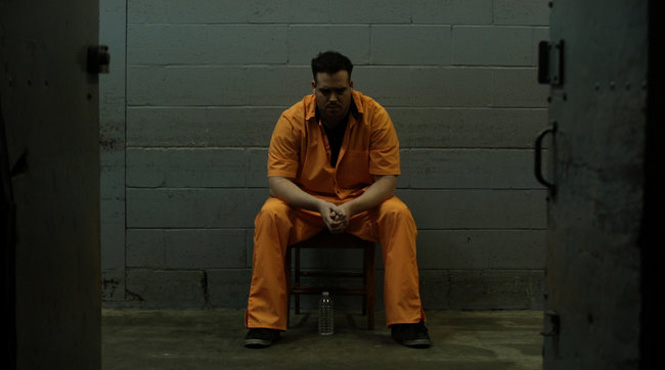If you’re an ID Addict (and I hope you are!), you’ve watched a lot of crime stories, so here’s a little quiz for you, inspired by last week’s episode of Fatal Vows, based on 2009 statistics aggregated from the seventy-five largest U.S. counties:
What percent of persons arrested for felonies had more than one prior arrest? Answer: 75%
More than five prior arrests? Answer: 50%
More than ten prior arrests? Answer: 33%
What percent of persons arrested for felonies had at least one prior conviction? Answer: 60%
At least one prior felony conviction? Answer: 43%
Multiple prior felony convictions? Answer: 30%
Five or more prior felony convictions? Answer: 11%
At least one prior violent felony conviction? Answer: 13%
One of the biggest frustrations I’ve faced as I’ve analyzed crime stories for the national news media and for ID over the years is the percent of criminals who never should’ve been loose on our streets in the first place—recidivistic opportunists who were able to seize opportunities to harm innocent people only because society squandered opportunities to take and keep them out of circulation. Take it from an expert both in behavior (psychology) and in how society regulates behavior (law): when society doesn’t intervene quickly and decisively to make it overwhelmingly clear that it won’t tolerate criminal behavior, criminal behavior tends to reoccur and to escalate in its severity.
But instead of recognizing that and getting as tough on crime as I’d like, all too often, society is giving criminals second, third, fourth…chances; we’re accepting excuse after excuse for inexcusable behavior; we’re slapping criminals on the wrists (not just celebrity criminals—unknowns too), and in doing so, we’re essentially aiding and abetting a lot of subsequent offenses. Why do we do this? Many Americans—including some prosecutors, judges, and jurors—think it’s “compassionate.” It’s not. It’s not compassionate to victims and potential victims whose safety is compromised; it’s not compassionate to law enforcement officers (like my late father) whose safety is also compromised as they repeatedly chase down the same criminals; and it’s not compassionate even to the criminals, whose behavior often escalates to the point where—after causing a lot of irreversible damage—it finally gets them incarcerated long term if not killed.
So what do I recommend? We’re never going to talk sociopaths into caring about the impacts of their actions upon others. Sociopaths are narcissists who feel entitled to take whatever they want from others regardless of the harm done. Therefore, we have to make it be in their own selfish best interests to follow the law. How? By imposing swift and severe negative consequences when criminal behavior starts, not years into an escalating pattern of criminal behavior. Specifically, I recommend:
1) plea bargain reform, whereby prosecutorial discretion is limited to make it more difficult for prosecutors to drop or reduce charges simply to get easy convictions on other charges when there’s ample evidence to get convictions on all charges,
2) stiff mandatory minimum sentences whereby judicial discretion is limited to make it more difficult for sympathetic judges to hand down light sentences,
3) “three strikes” legislation, whereby criminals convicted of felonies on multiple occasions receive mandatory life sentences, and
4) elimination of concurrent sentencing so that judges are required to punish criminals for each and every crime of which they’re convicted.
Watch new episodes of Fatal Vows Saturdays at 10/9c on Investigation Discovery.
If you’d like to know more about how we can better combat crime in America, pick up a copy of my new book Stop Moaning, Start Owning: How Entitlement Is Ruining America and How Personal Responsibility Can Fix It, available now in the Discovery Store online.







